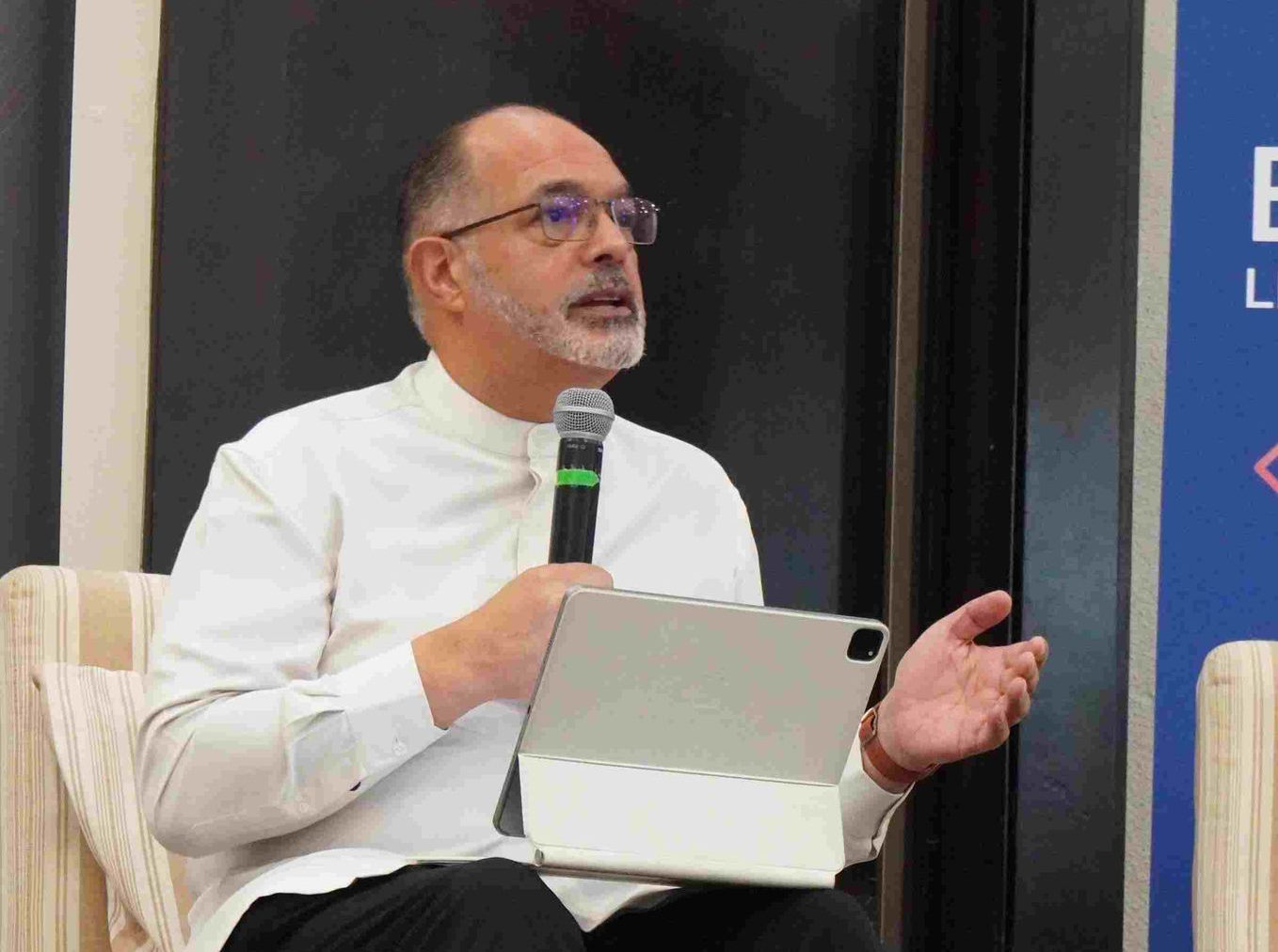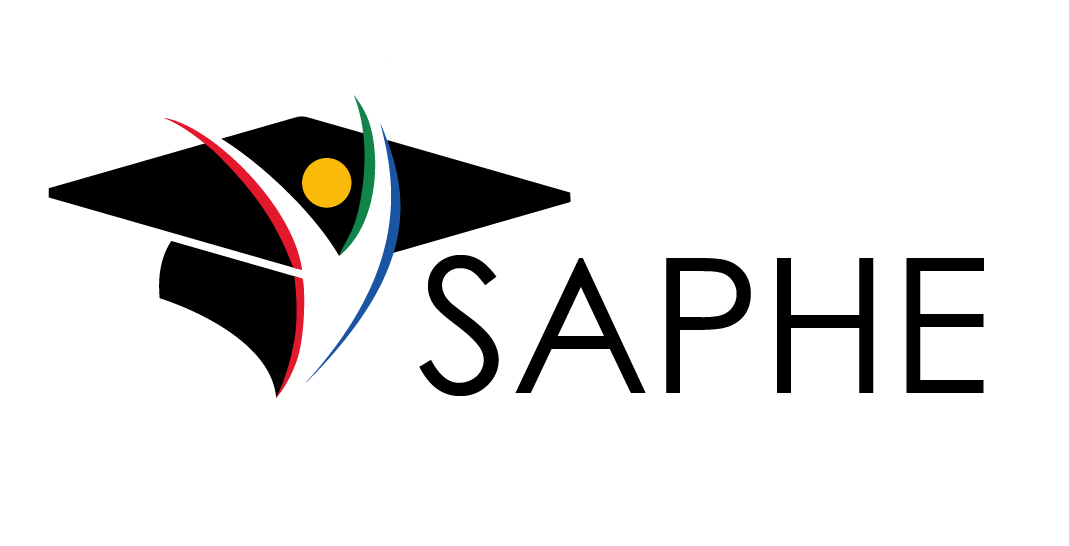Fostering collaboration: Deputy Minister Gondwe meets with SAPHE
On Monday, 30 September, Deputy Minister of Higher Education and Training, Dr Mimmy Gondwe, met with SAPHE to familiarise herself with the association’s achievements and challenges, and to foster stronger relations between the Department of Higher Education and Training (DHET) and SAPHE. Dr Gondwe has been tasked with overseeing private higher education (PHE) institutions as part of her portfolio.
According to SAPHE Chair, Dr Carin Stoltz-Urban, the introductory meeting was conducted in a collegial and positive spirit. "It was clear that the Deputy Minister is well-informed about the department's priorities and eager to cooperate with stakeholders in the private higher education sector, such as SAPHE," noted Dr Stoltz-Urban.
Compliance, a significant focus given the recent deregistration of some PHEIs, was one of the key topics addressed. Dr Gondwe emphasised the critical role SAPHE can play in promoting compliance and good governance within the sector. She encouraged SAPHE to establish a resource centre to provide institutions with access to documents, advice and guidance on compliance matters, to compile best-practice guidelines, and offer capacity-building workshops, peer learning opportunities, and networking events for PHEIs.
In addition, Dr Gondwe urged SAPHE members to conduct employability studies, specifically on job placement, highlighting the importance of measuring the impact of private higher education on job creation and inclusive socio-economic growth. She invited SAPHE members to an Employment and Investment Summit the department will be hosting in November which will involve key industry stakeholders.
Representing SAPHE at the meeting were Dr Carin Stoltz-Urban, SAPHE CEO Nancy-Anne Anderson, and Shirley Ferndale from the IIE, who is also actively involved in the broader higher education sector through the Registrars' Forum, among other initiatives. The SAPHE team took the opportunity to present the association’s role and mandate, while also discussing issues such as disparities in the higher education sector and the policy on institutional types.
The constructive meeting set a positive tone for future engagement. "As SAPHE, we are encouraged by the Deputy Minister’s willingness to support the private higher education sector, and we are dedicated to working with the DHET to advance quality higher education overall," said Dr Stoltz-Urban.

From left: Shirley Ferndale, Deputy Minister Mimmy Gondwe, Nancy-Anne Anderson and Dr Carin Stoltz-Urban



